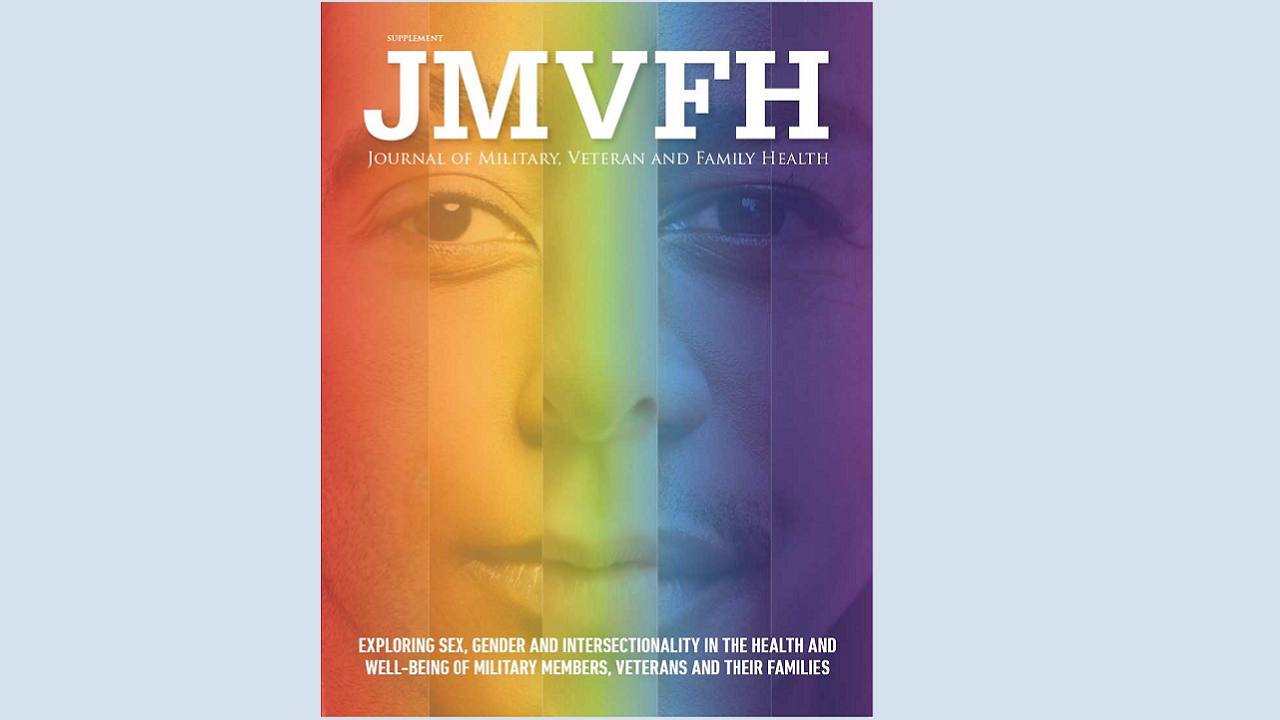
Introduction
The mandate of the Office of the Veterans Ombud (OVO) is to advance fairness for Veterans and their families. Recently, the OVO completed a literature review entitled Women Veterans of the Canadian Armed Forces and Royal Canadian Mounted Police: A scoping literature review ,[1] published in October 2021 in the Journal of Military, Veteran and Family Health. The special edition contains a foreword by Veterans Ombud, Nishika Jardine.
This is the first literature review about Canadian women Veterans that incorporates non-academic literature and information about the RCMP, and is also the first to review literature about Canadian women Veterans as a whole, rather than focusing on a specific issue.
What we did
Reviewed over 3,860 publications and government documents; 84 met our inclusion criteria:
- 38 related to still serving CAF or RCMP members, to provide context and fill knowledge gaps
- 46 included information about women Veterans, but only 6 of these were solely focused on Canadian women Veterans
What we learned
Women Veterans of the RCMP and CAF:
- are more likely to have experienced sexual misconduct and gender discrimination than their men counterparts
- tend to leave the CAF and RCMP with fewer years of service than men
Women Veterans of the CAF:
- comprise approximately 12% of all CAF Veterans in Canada and have an average age of 43
- face different mental and physical health issues than men Veterans, such as higher rates of chronic pain and gastrointestinal disorders
- are more likely to think about or die by suicide than women in the Canadian General Population, which can be related to physical or mental health conditions, social support, and low income
- have lower employment rates and lower incomes post-release
- more often have a difficult military to civilian transition than men and experience different issues with transition, such as feeling tension between the different social expectations of them in and out of the military
- experience longer wait times for VAC disability decisions than men Veterans
Gaps in Canadian research
- More research is needed about Canadian women Veterans and their intersecting identities to understand their unique experiences and needs, particularly for RCMP women Veterans, as virtually no research is focused on their needs and experiences.
- Future research should compare women Veterans to the women in the Canadian General Population and to men Veterans, to identify which issues are specific to them.
- It is unclear whether women Veterans’ service-related needs are being met, whether they are treated equitably by VAC, and whether they face unique issues or barriers when accessing VAC programs and services.
- Overall, gaps in our knowledge remain and more research about Canadian women Veterans is needed.
Literature review abstract
Introduction: This scoping review charts academic literature and government documents about women Veterans of the Canadian Armed Forces (CAF) and the Royal Canadian Mounted Police (RCMP). The current review is unique because the scope is limited to Canadian women Veterans, the author incorporates non-academic literature and information about RCMP women Veterans, and reviews literature about women Veterans as a whole, rather than focusing on a specific issue.
Method: The author included research in this review if it substantively mentioned women Veterans of the CAF and/or RCMP, used Canadian data disaggregated by sex and/or gender, came to novel conclusions, and was published before December 31, 2020. Grounded theory was used for analysis.
Results: Canadian women Veterans appear to face different mental and physical issues than their male counterparts and women in the Canadian general population (CGP), but these gendered issues are understudied. Women CAF Veterans also earn less after release and are more likely to have a difficult transition out of the military than men CAF Veterans. Little is known about RCMP women Veterans.
Discussion: Gaps in the literature include a lack of original qualitative research; insufficient inclusion of women Veterans, and particularly women RCMP Veterans, in population studies of Veterans; not enough comparative research between women Veterans and women in the CGP; and a lack of data about women Veterans’ service use and needs.
[1] Poole, M. 2021. Women Veterans of the Canadian Armed Forces and Royal Canadian Mounted Police: A scoping literature review, Journal of Military, Veteran and Family Health.